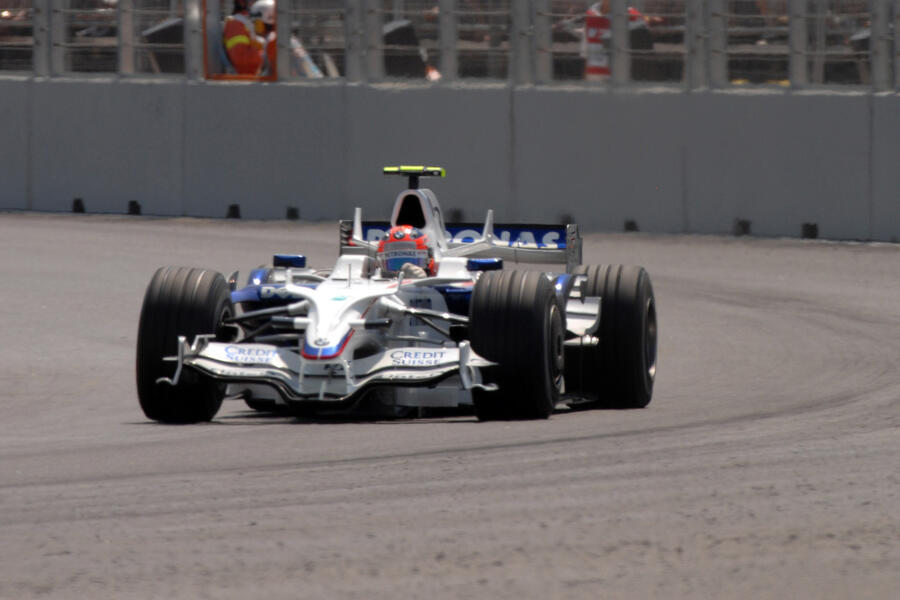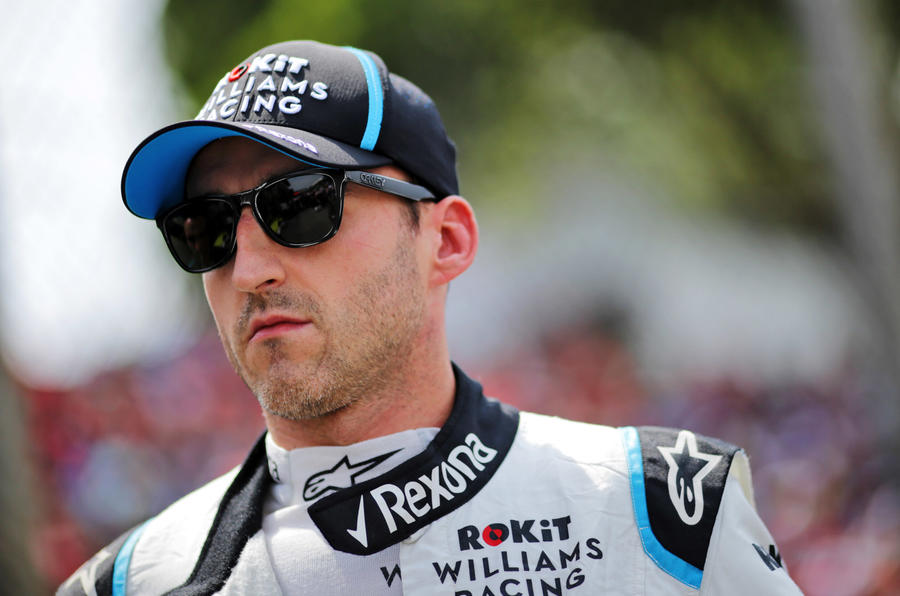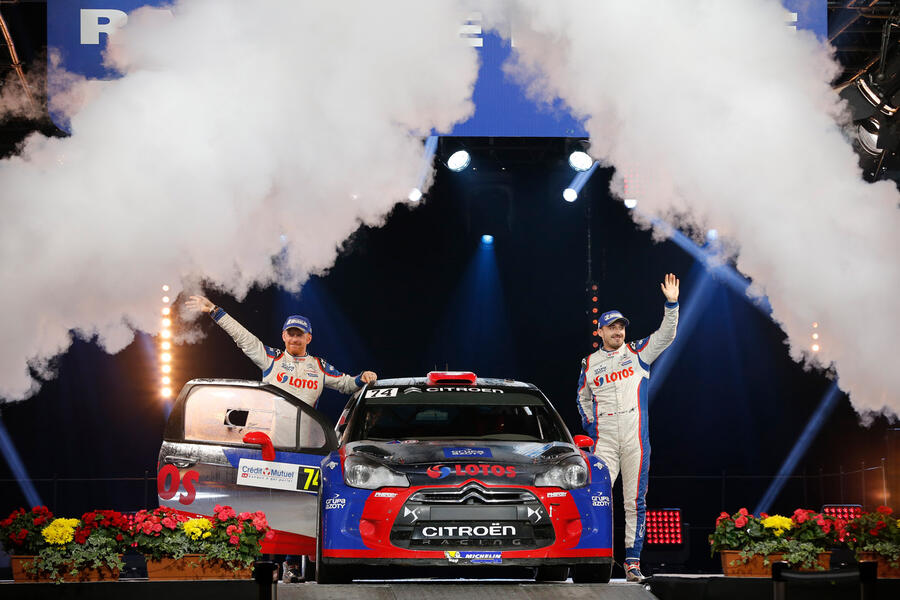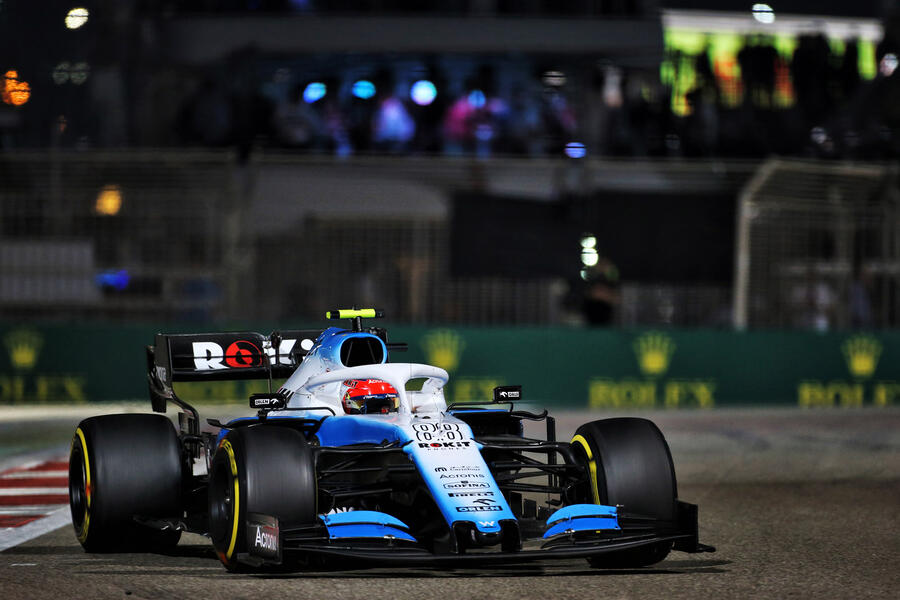Robert Kubica had the Formula 1 world at his feet a decade ago. Already a grand prix winner and heading into the 2011 season with Renault, the Pole had a Ferrari agreement in place for 2012 and was recognised as one of the best. Then he crashed while competing in the Ronde di Andora Rally, a fun event between the first and second pre-season F1 tests that he did for the love of it. He paid an enormous price.
He went off and a barrier sliced through the front of his Skoda Fabia, doing serious damage to his right leg and arm on the way through. Given Kubica’s injury, which permanently restricted the use of his right arm and hand, a successful return to the top flight of circuit racing seemed unlikely, even after he resumed competition in rallying and climbed to World Rally Championship level.
Yet not only did Kubica race in F1 with Williams in 2019 and then continue as a reserve driver with Alfa Romeo, but he also recently claimed his first victory in car racing since the 2008 Canadian Grand Prix. That win in the European Le Mans Series (ELMS) season opener at the Circuit de Catalunya, sharing a WRT-run Oreca LMP2 car with Yifei Ye and Louis Delétraz, was followed by another at the Red Bull Ring. And he has achieved this driving, as he puts it, “70% left-handed”.
Kubica doesn’t make a big deal of what he calls “my limitation”, and while he’s perfectly capable, the damage means that he’s no longer the extraordinary driver he once was. But he’s astonishing in a different way, because by coming back to race in F1 even at a diminished (but still effective) level, as well as establishing himself as a force in sports cars, he achieved what had once seemed impossible. Well, impossible to everyone except perhaps himself.

“Getting to F1 already for the first time was a big achievement,” says Kubica. “Getting into F1 for the second time with everything that happened in my life was an even bigger achievement. Not many people have a chance to come back after such a long break, into such a high level of sport. The year with Williams was disappointing, but it was still a big achievement.
















Join the debate
Add your comment
A mighty fast driver, seems quite down to earth with a good sense of humour from the online video I saw of him doing a bonkers fast lap of nurburgring in a slightly modded M4. Hope the future is good for you Robert.